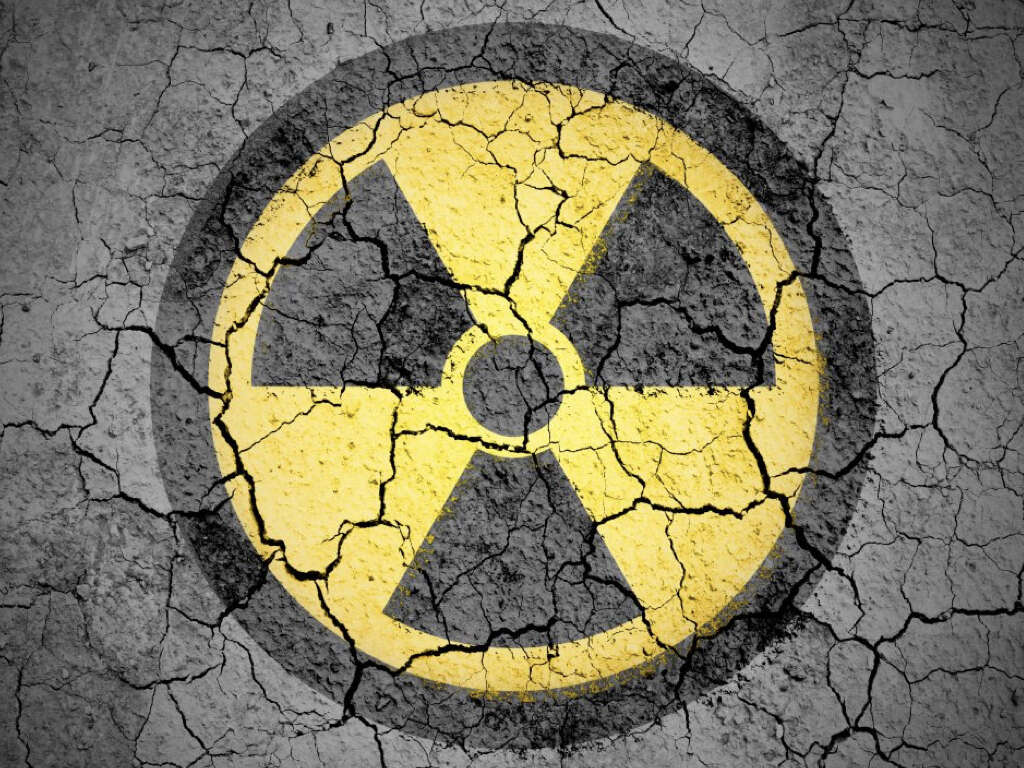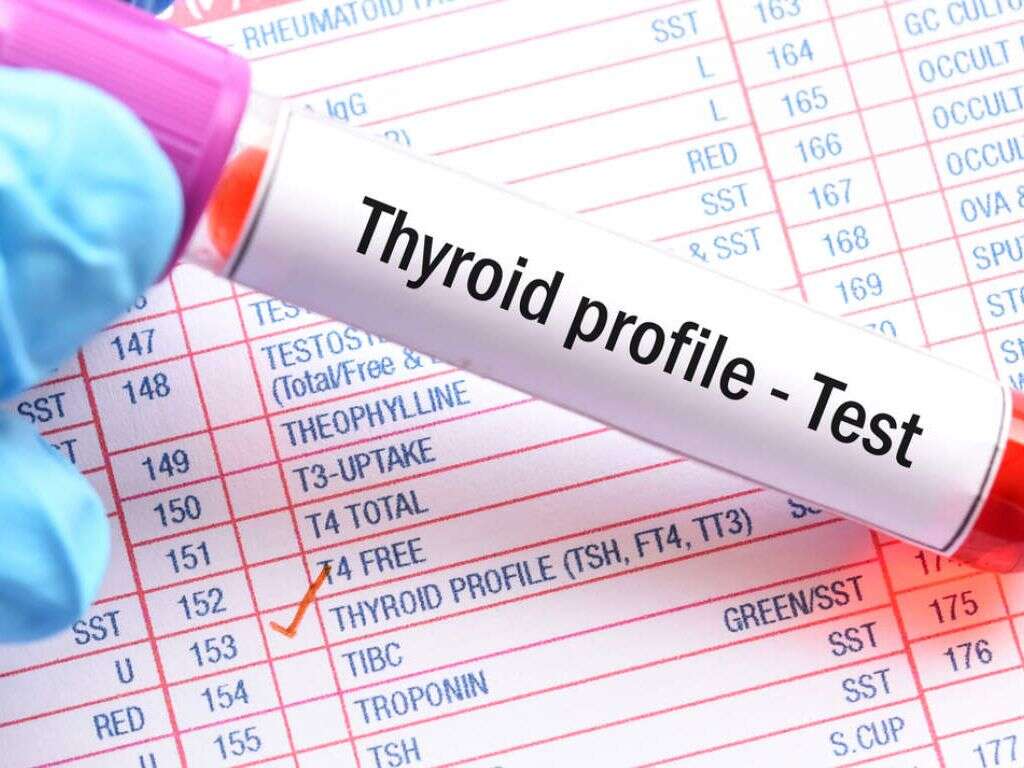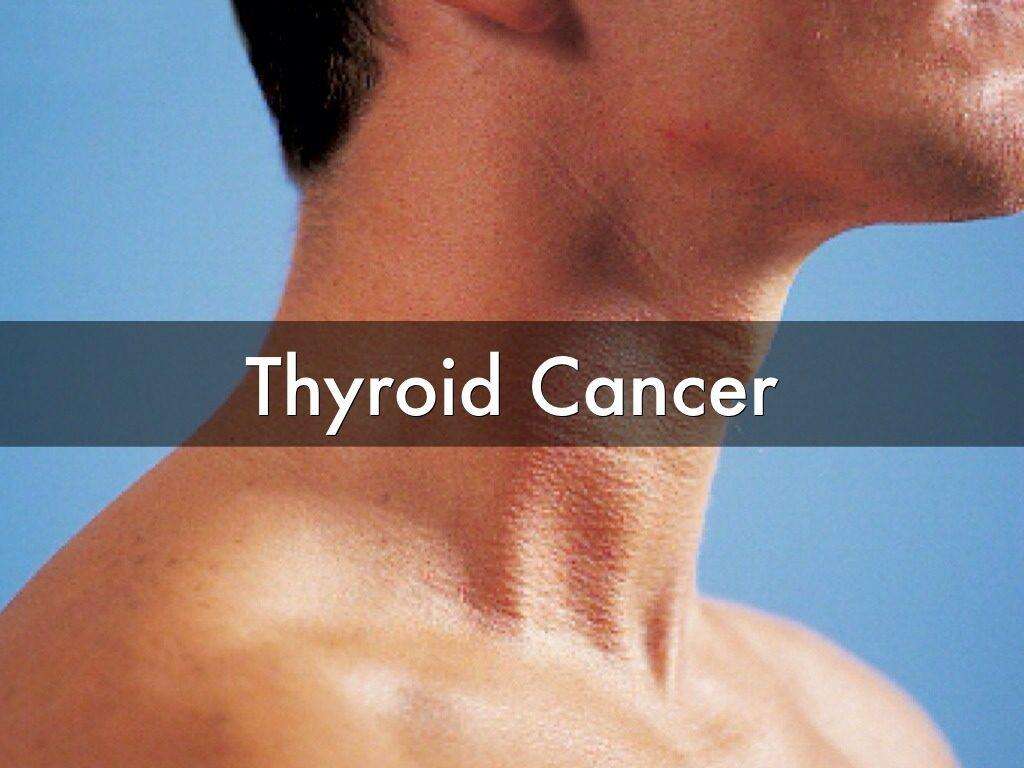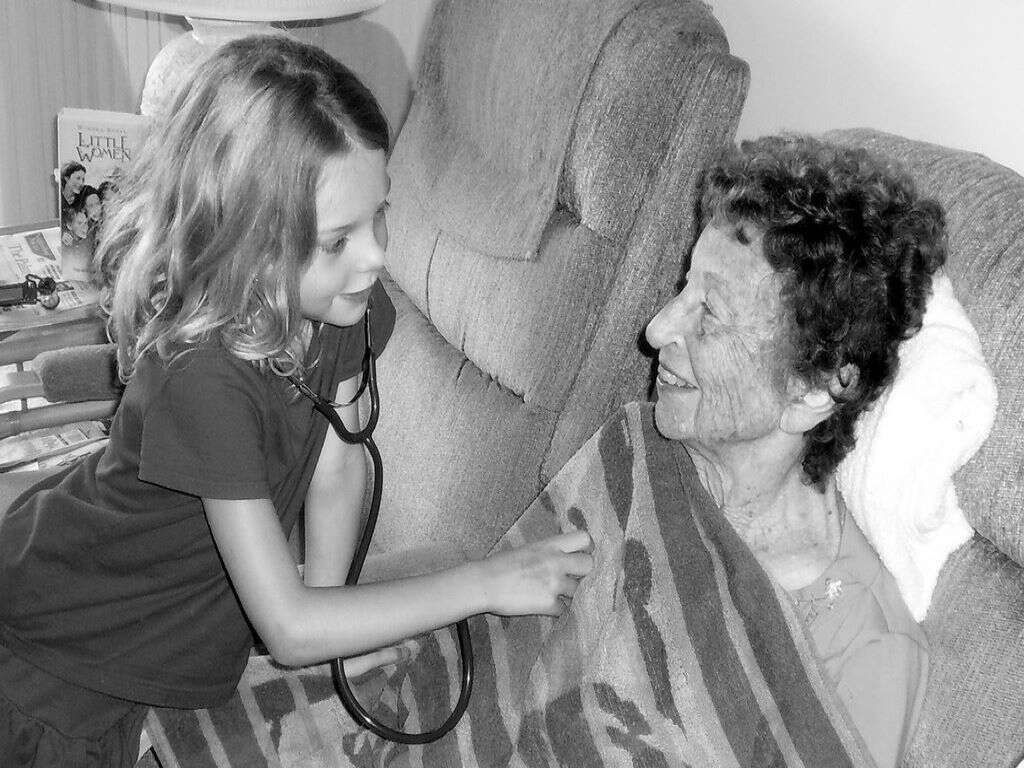What Is Thyroid Cancer?
The thyroid is responsible for the creation and regulation of hormones in the body. This gland works in conjunction with the brain as part of the body’s endocrine system. This crucial body system makes and releases hormones as the brain calls for them.
Cancer is a disease that causes too many cells to multiply uncontrolled, resulting in dangerous tumor growths. When cancer occurs in the thyroid, it can mean that many fundamental body systems suffer. Since cancer is a serious disease with no straightforward cure, it is important to get a basic understanding of how it affects the thyroid and what the treatment is moving forward.
1. The Endocrine System
The human body is a finely tuned machine with a multitude of complex parts. When one is not working correctly, it can have devastating effects on other areas of the body.
The endocrine system is responsible for the creation, release and regulation of all the hormones in the body.
Hormones are responsible for things such as heart rate, body temperature, metabolism maintenance and insulin production. When one aspect of the endocrine system is not functioning properly, other areas of the body suffer, causing illness or injury.
2. The Thyroid
At the front of the neck is a small butterfly-shaped gland known as the thyroid. It sits directly under the voice box. The thyroid is responsible for making T3, T4 and calcitonin hormones.
The thyroid works closely with the pituitary gland in the brain. When the body needs fewer or more of these three essential hormones, the pituitary sends a signal to the thyroid. It then follows these directions.
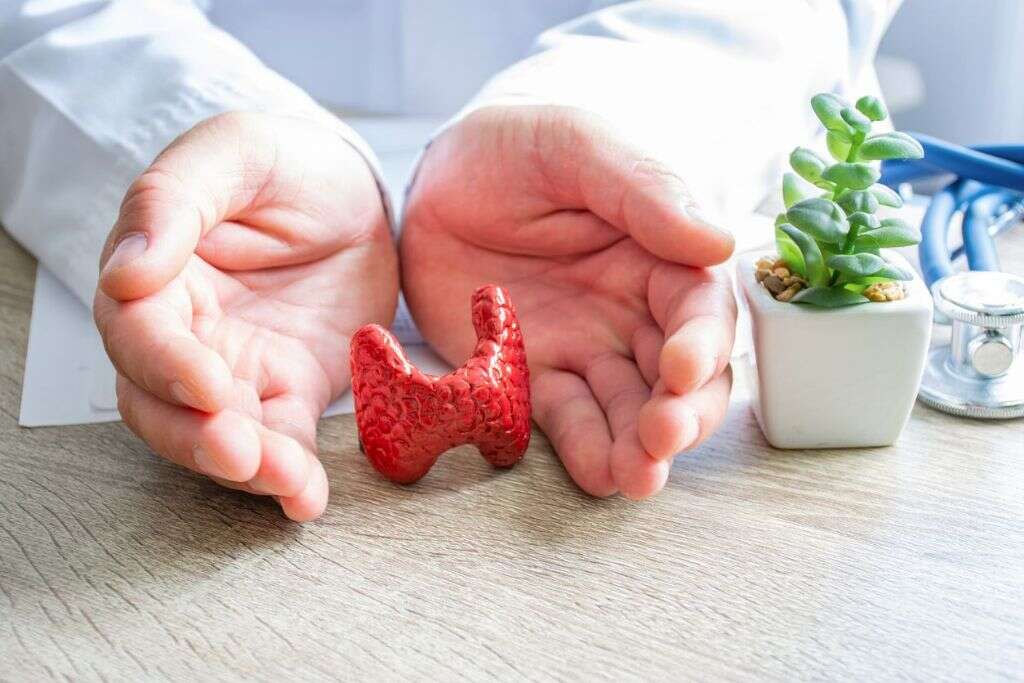
3. T3 and T4 Hormones
These two hormones are critical to almost every body system. T3, along with T4, is responsible for providing energy to the body during growth and activity. They impact the rate at which the heart beats and the way energy is extracted from proteins ingested. Body temperature is also reliant on T3 and T4 hormones.
When the thyroid is overstimulated and active, it makes too many hormones, flooding the bloodstream and causing the metabolism to speed up. This can cause rapid heartbeat and rapid weight loss. On the flip side, when the thyroid does not produce enough hormones, energy isn’t created, and several body systems can slow to a dangerously low level.
4. Cancer
Cancer is still, in many respects, a mystery to the medical community. Doctors still do not know precisely what causes some to get it and others not to. While there are risk factors that can increase a person’s chance of developing cancer, there is no sure-fire test to predict it.
Cancer develops in the body where cells begin to multiply unexpectedly. As they continue growing at an uncontrolled rate, they take over body systems and damage them in the process. Tumors develop and when cancerous, or malignant, they are able to jump to other tissue, spreading the infected cells.
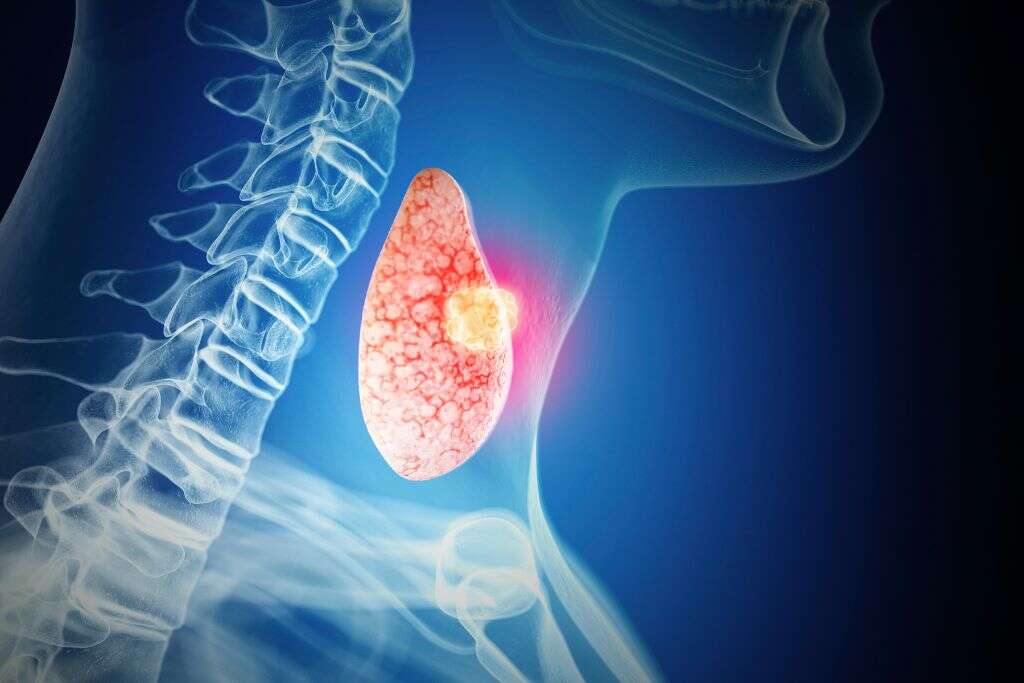
5. Common Thyroid Cancer Types
The category of thyroid cancer a person is diagnosed with depends on the type of cells present in the tumor. The type of cancer dictates how it is treated. The stage of the cancer also impacts the plan doctors come up with for combating it.
Papillary thyroid cancer is the most common and occurs in the follicular cells that make and store hormones. Papillary cancer usually affects people between 30 and 50 years of age. Follicular cancer also occurs in this area of the thyroid, but it is most often diagnosed in those over 50 years old.
6. Risk Factors
While there is no definitive way to identify who may get thyroid cancer, doctors have found that certain risk factors make someone more prone to the condition. These factors do not doom a patient to getting the disease but rather may help doctors diagnose it quicker should the parameters fit.
Women have a higher occurrence of thyroid cancer. The reason for this is unknown but may have to do with the level of estrogen in their bodies. People who have gone through radiation previously, especially to the neck, upper torso or head area, may be more likely to get thyroid cancer. Having a relative with the disease also makes a person more likely to get it.

7. Signs and Symptoms
Unfortunately, thyroid cancer does not often present itself in the early stages. As the tumor on the thyroid grows, a patient may start to exhibit some common symptoms. The larger it gets, the more pressure it exerts on the thyroid and the tissue surrounding it.
Pain and discomfort in the neck due to swelling may be the first sign. A change in the tone of the voice is also a telling sign. This is because the tumor places pressure on the voice box, making the vocal cords sound hoarse. Other possible symptoms include pain in the throat, inflamed lymph nodes around the neck and difficulties swallowing.
8. Treatment Options
When deciding on a course of treatment, a doctor looks at several factors, including the type of thyroid cancer and the current stage. The patient’s overall health is also taken into consideration.
Some of the most common treatment methods include surgery to remove the thyroid. If the cancer has not spread from one side of the gland to the other, a surgeon may only take that part of the thyroid that has the cancerous cells present. Usually, during surgery, the lymph nodes around the thyroid are also removed to help prevent a recurrence of the disease in the neck.
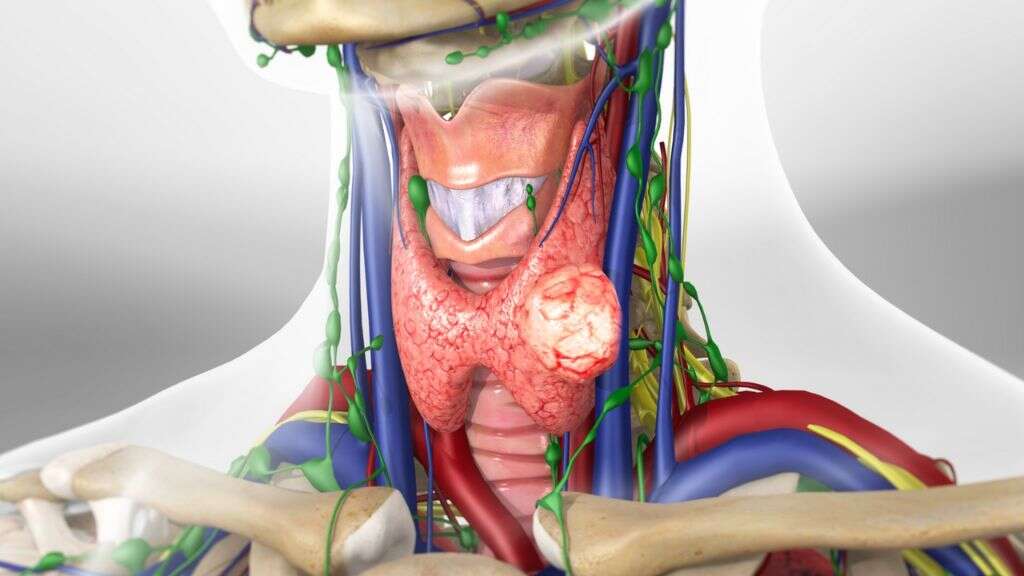
9. Effects on the Rest of the Body
During treatment, if any part of the thyroid is removed, doctors may wait to see if the other half can sustain the proper production of T3 and T4. However, when the entire gland is removed, the doctor is likely to recommend hormone replacement therapy. Without this, the patient will have all of the adverse effects of an underactive thyroid.
Interestingly, a patient may have permanent vocal changes after thyroid removal. This is attributed to the damage done to the nerves that run to the voice box during surgery. A person whose thyroid has been removed may always sound weak and hoarse.
10. Prognosis for Recovery
Thyroid cancer is one of the more curable cancers. Depending on the location, the severity of the tumor and the stage of the disease, removal of the thyroid and surrounding lymph nodes may be enough to keep it at bay.
There are instances of recurrence of cancer elsewhere in the body after thyroid removal. This is due to the cancer metastasizing and traveling from one tissue group to the other. Patients who go through radiation treatment after surgery and hormone replacement often have a positive post-cancer life.







